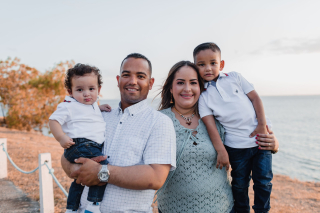 While there’s a time limit on this great opportunity for tax-free giving—2025, unless Congress makes some changes—this is a good time to take advantage of minimizing your tax liability through generosity. There’s a new big break for top-dollar wealth transfers, thanks to the new tax law.
While there’s a time limit on this great opportunity for tax-free giving—2025, unless Congress makes some changes—this is a good time to take advantage of minimizing your tax liability through generosity. There’s a new big break for top-dollar wealth transfers, thanks to the new tax law.
Basic rule: the more you give away, the smaller your estate and, therefore, the smaller your tax liability. If you’ve got a lot of wealth, this is a good time for you and those you want to make gifts to. The sooner you exploit this, the more you can give. It means that there’s less of a chance your estate will have to write a check to the IRS.
The Street’s recent article, “This Is the Golden Age of Tax-Free Gift Giving,” says the federal government has taxed estates since 1924, and as recently as 2001, the threshold when taxes kicked in was $675,000. This exemption level from taxation has been increased ever since. However, a large increase came from the Tax Cuts and Jobs Act, which took effect in 2018. The Act doubled the exemption level and indexed it to inflation. Anything above the new limits is taxed at 40%. It is $11.4 million for singles and $22.8 million for married couples in 2019.




























